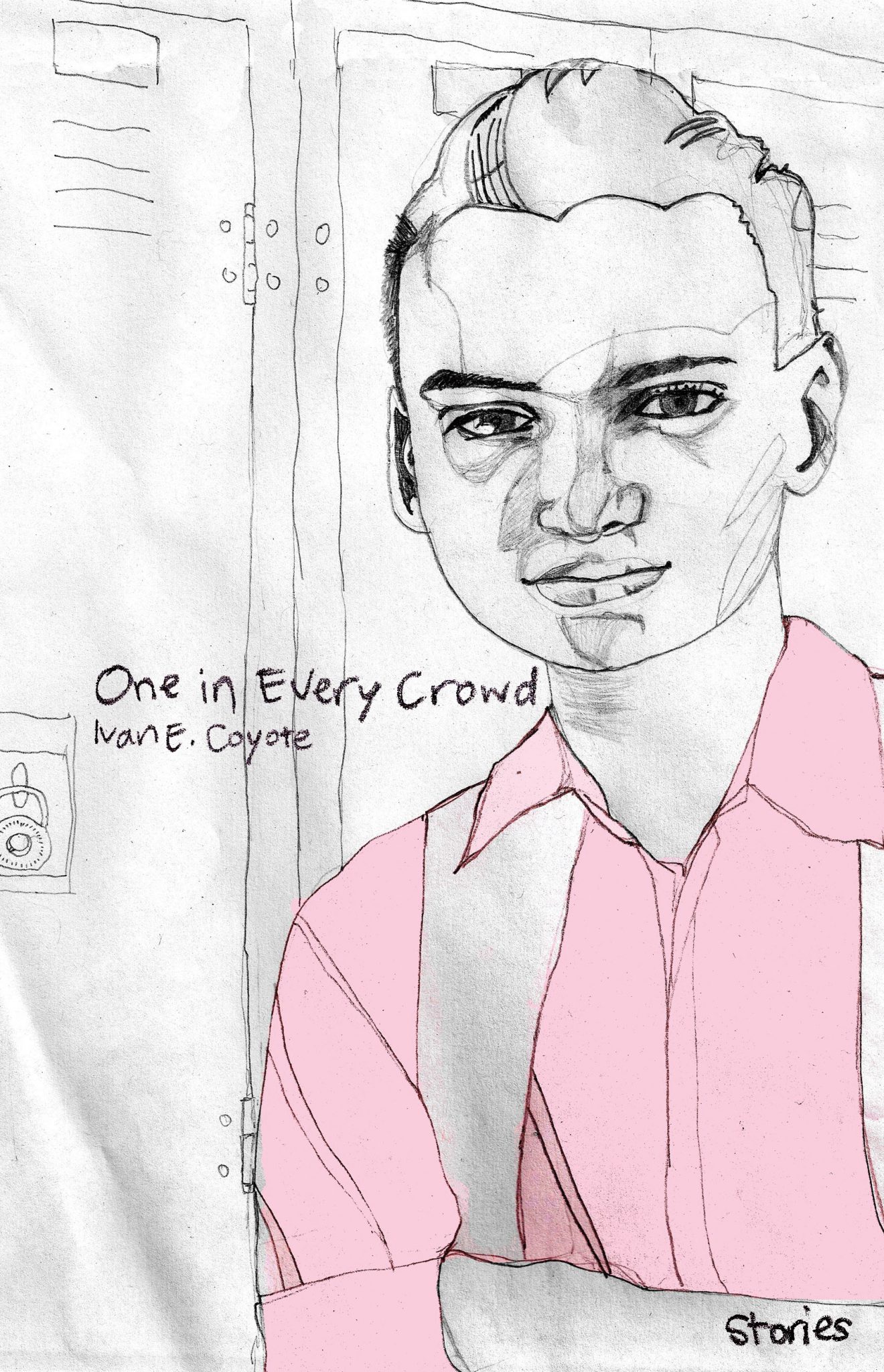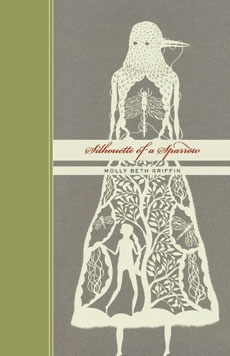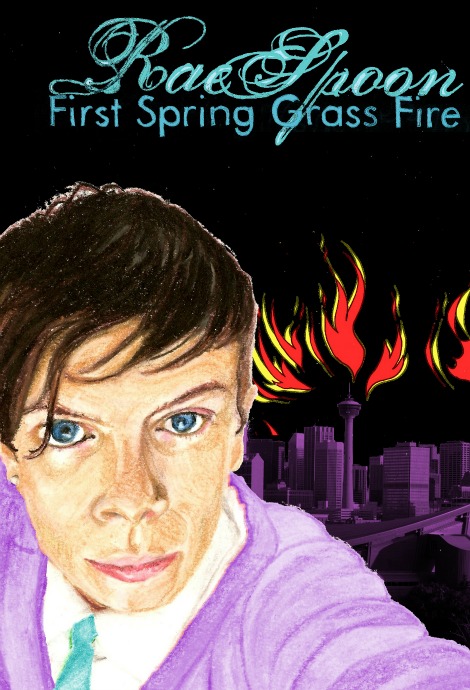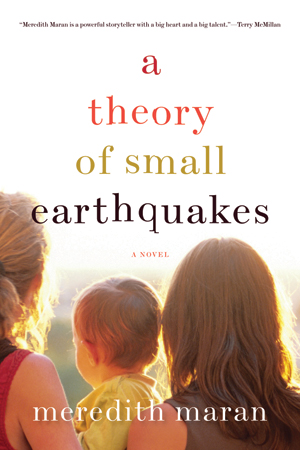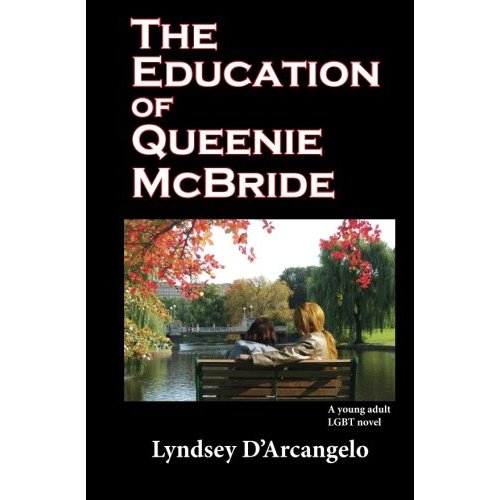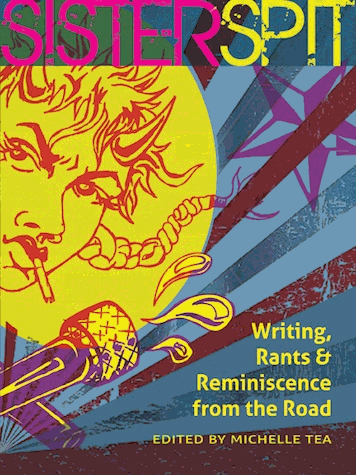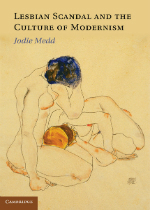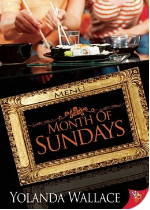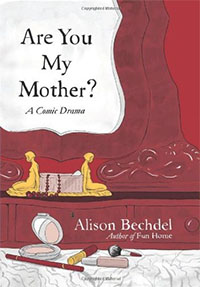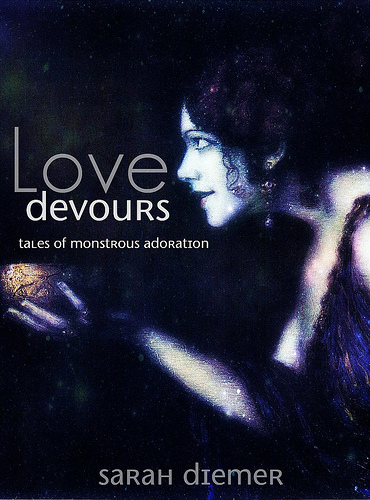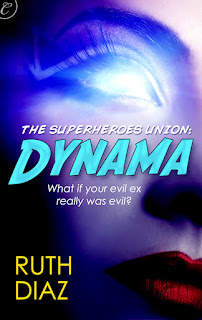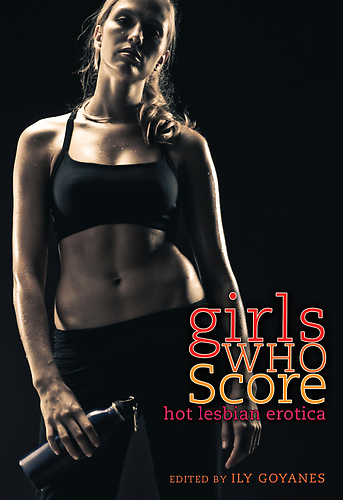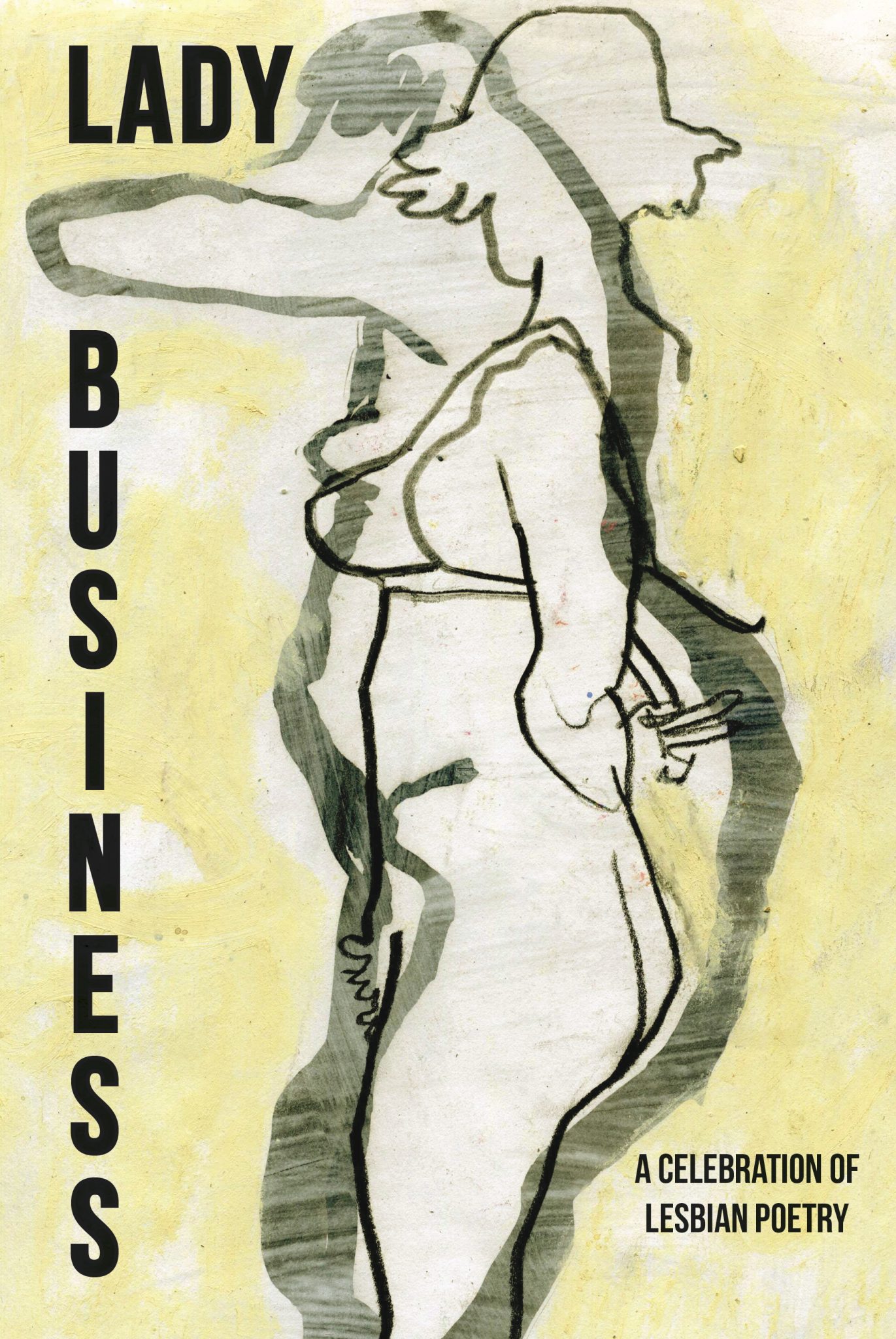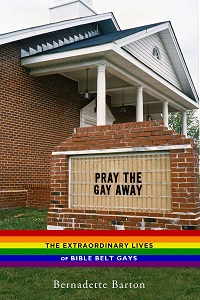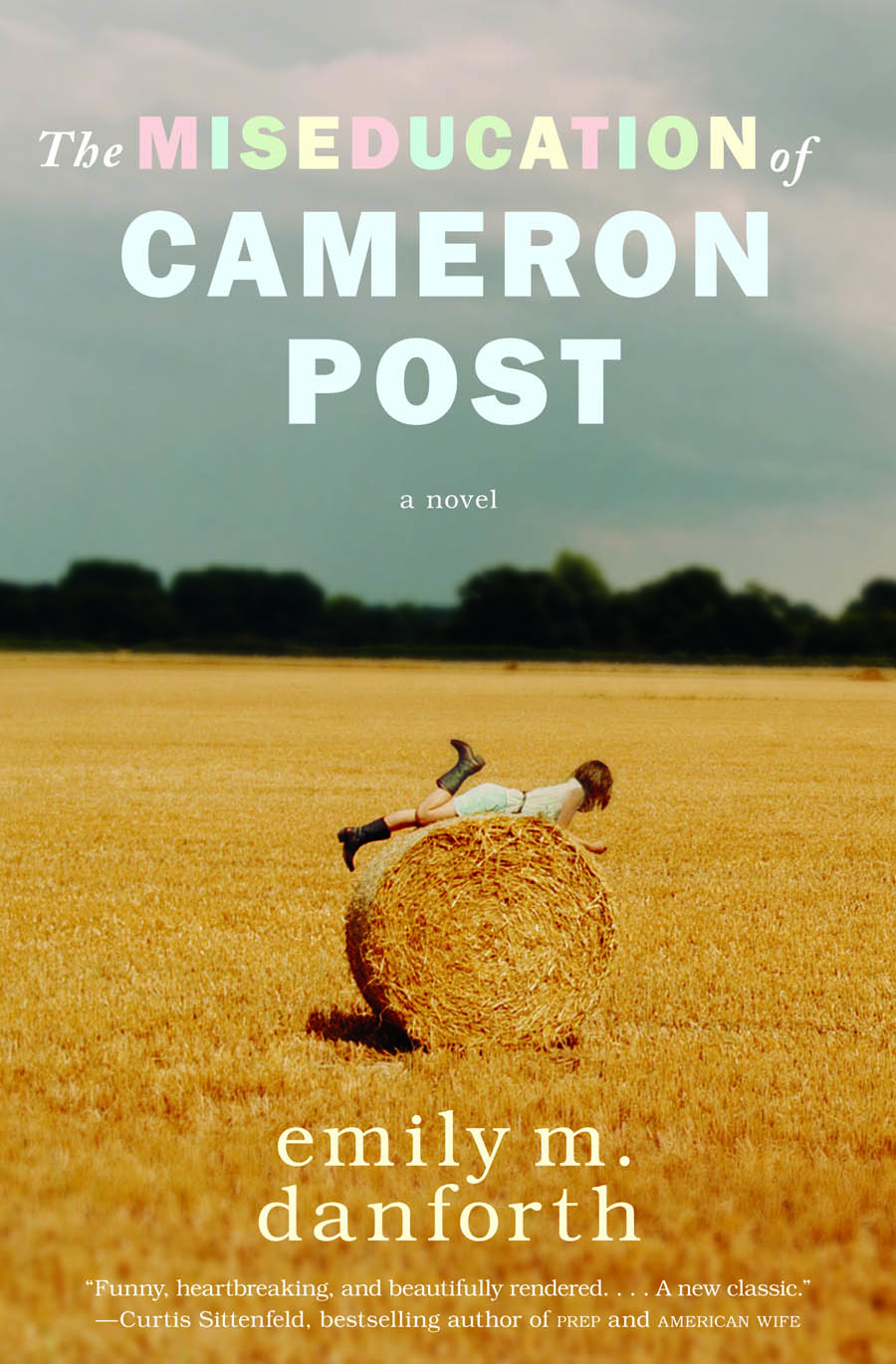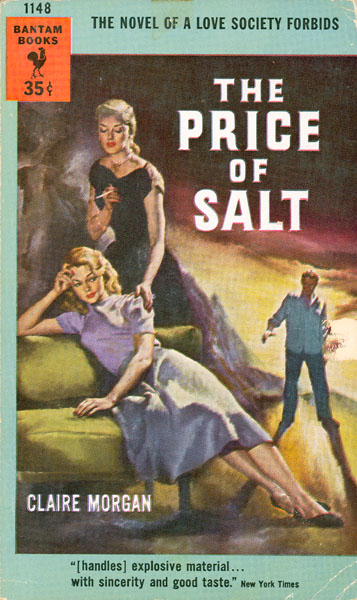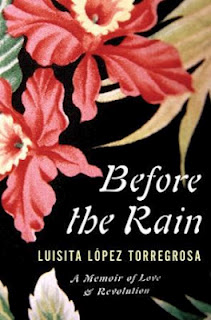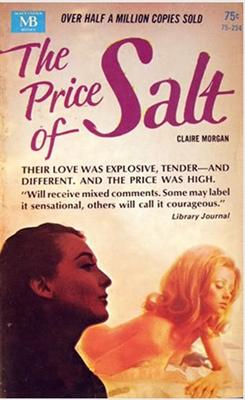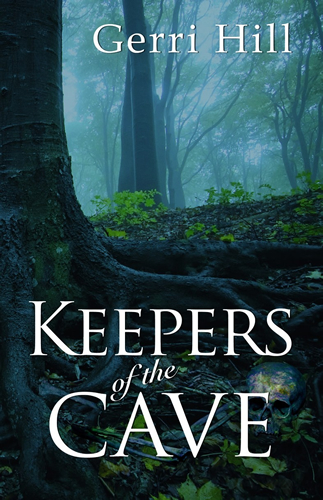
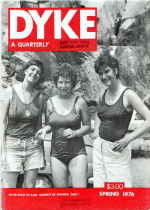

AfterEllen posted Your New School Library: Malinda Lo, Lisa Jenn Bigelow, and Marisa Calin.
Autostraddle posted
- And Yet Another Top 10 Lesbian Romance Novels and
- Our Legacy: Six Lesbian Magazines From The Then Before Now
- Malinda Lo and Behold: The Autostraddle Interview
Casey the Canadian Lesbrarian posted Back to School: Ivan E. Coyote, Writer-in-Residence at Western U in London, ON.
Lambda Literary posted
The Outer Alliance posted WorldCon! Hugos! Interesting things!
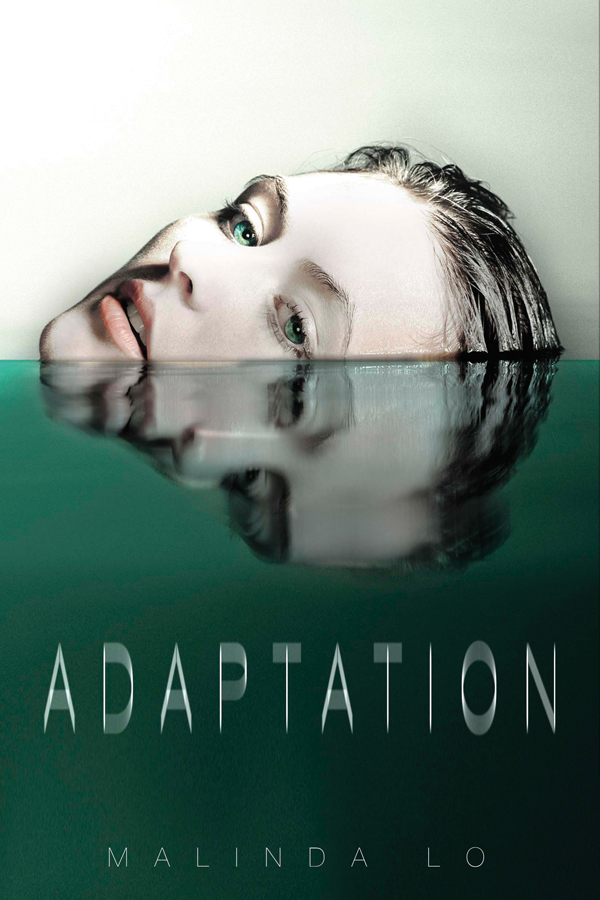
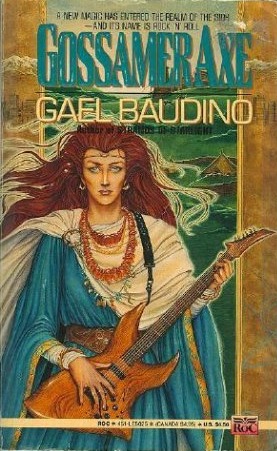
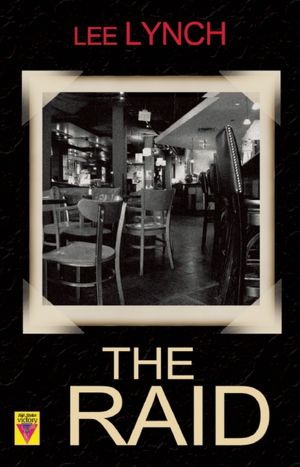
“Beyond Judy Blume: Four New YA Books with LGBT Characters” was posted at Bitch Magazine.
Amber Dawn was interviewed at Straight about her new book How Poetry Saved My Life.
Sarah Diemer (aka Elora Bishop) & Jenn Diemer posted
- Bluebottles, a Free YA Short Story — Part of Project Unicorn (A Lesbian YA Extravaganza)
- First Month of Project Unicorn (A Lesbian YA Extravaganza) — COMPLETE!
- A History of Drowning, a Free YA Short Story — Part of Project Unicorn (A Lesbian YA Extravaganza)
Malinda Lo posted
Catherine Lundoff posted Chicon7 Resource list from LGBTQ in SF/F.
An excerpt from Lee Lynch‘s The Raid was posted at SheWired.
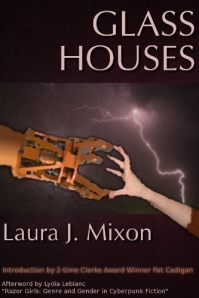
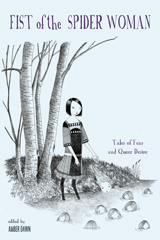
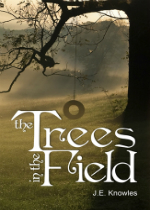
Fist of the Spider Woman edited by Amber Dawn was reviewed by Casey the Canadian Lesbrarian.
Being Emily by Rachel Gold was reviewed at Lambda Literary.
The Trees in the Field by J.E. Knowles was reviewed Lambda Literary.
Silver Moon by Catherine Lundoff was reviewed at She-Wolf.
Glass Houses by Laura J. Mixon was reviewed at SFFic.
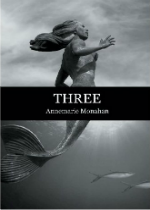
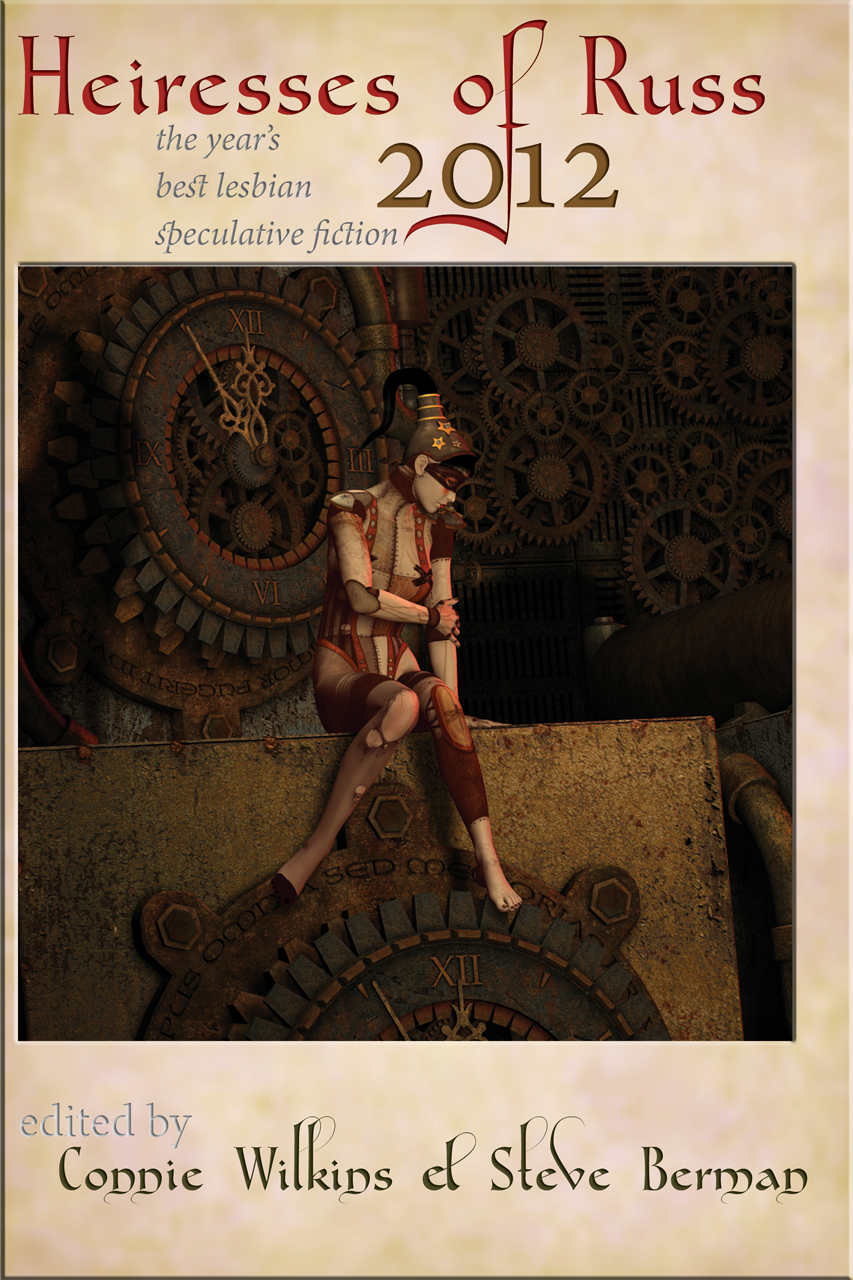
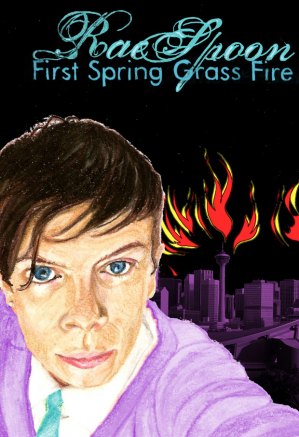
Three by Annemarie Monahan was reviewed at Lambda Literary.
The Midnight Hunt by L.L. Raand was reviewed at She-Wolf.
First Spring Grass Fire by Rae Spoon was reviewed at National Post.
Heiresses of Russ 2012: The Year’s Best Lesbian Speculative Fiction edited by Connie Wilkins and Steve Berman was reviewed Lambda Literary.
Oranges Are Not the Only Fruit by Jeanette Winterson was reviewed at Tales from the Reading Room.

